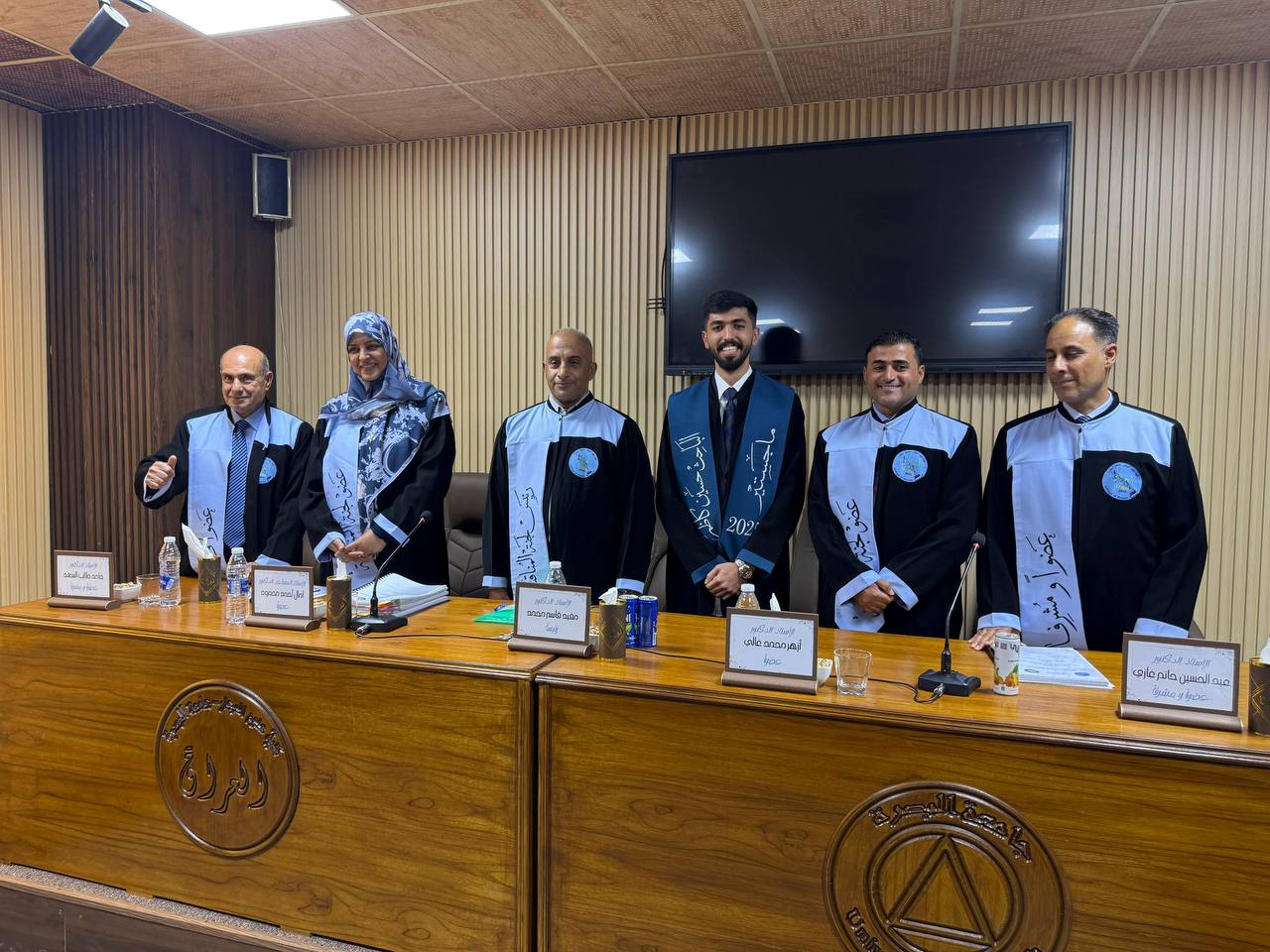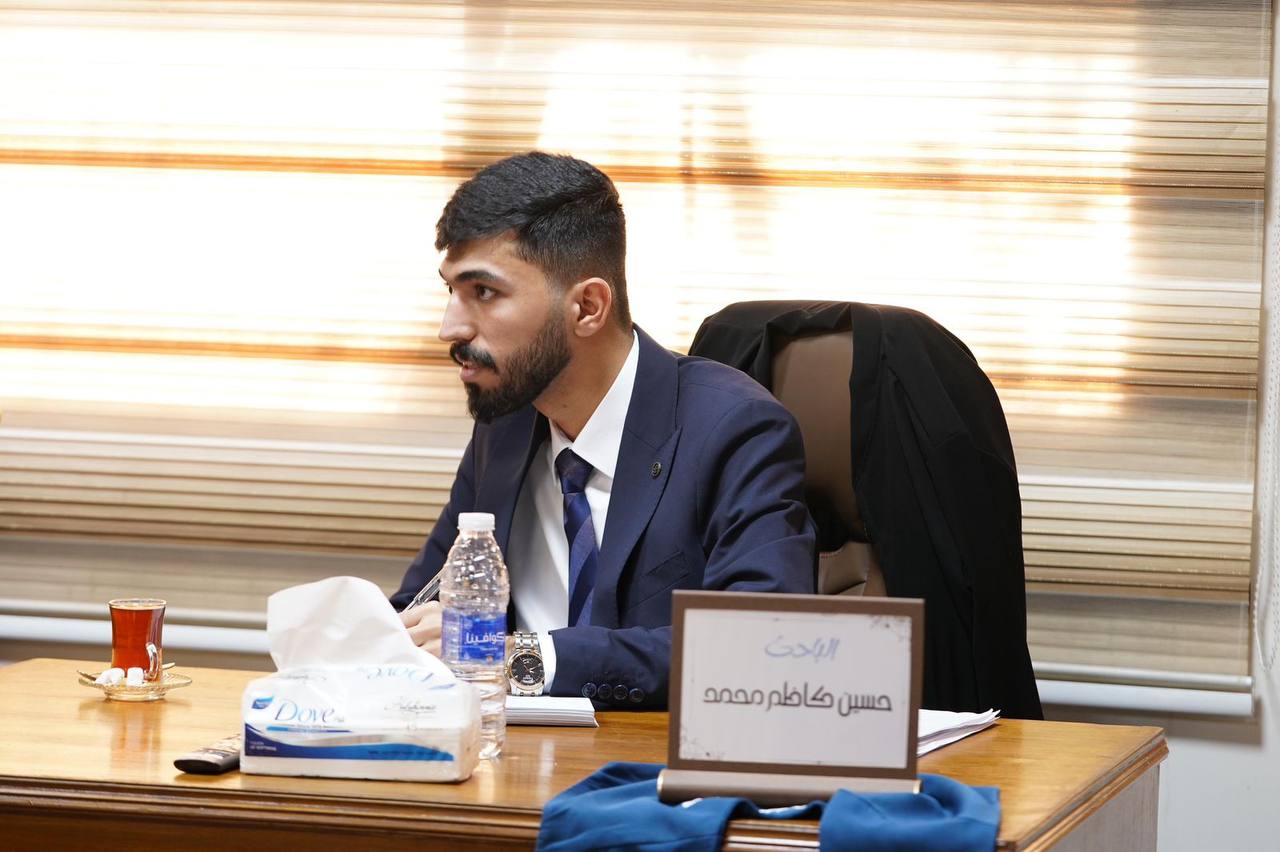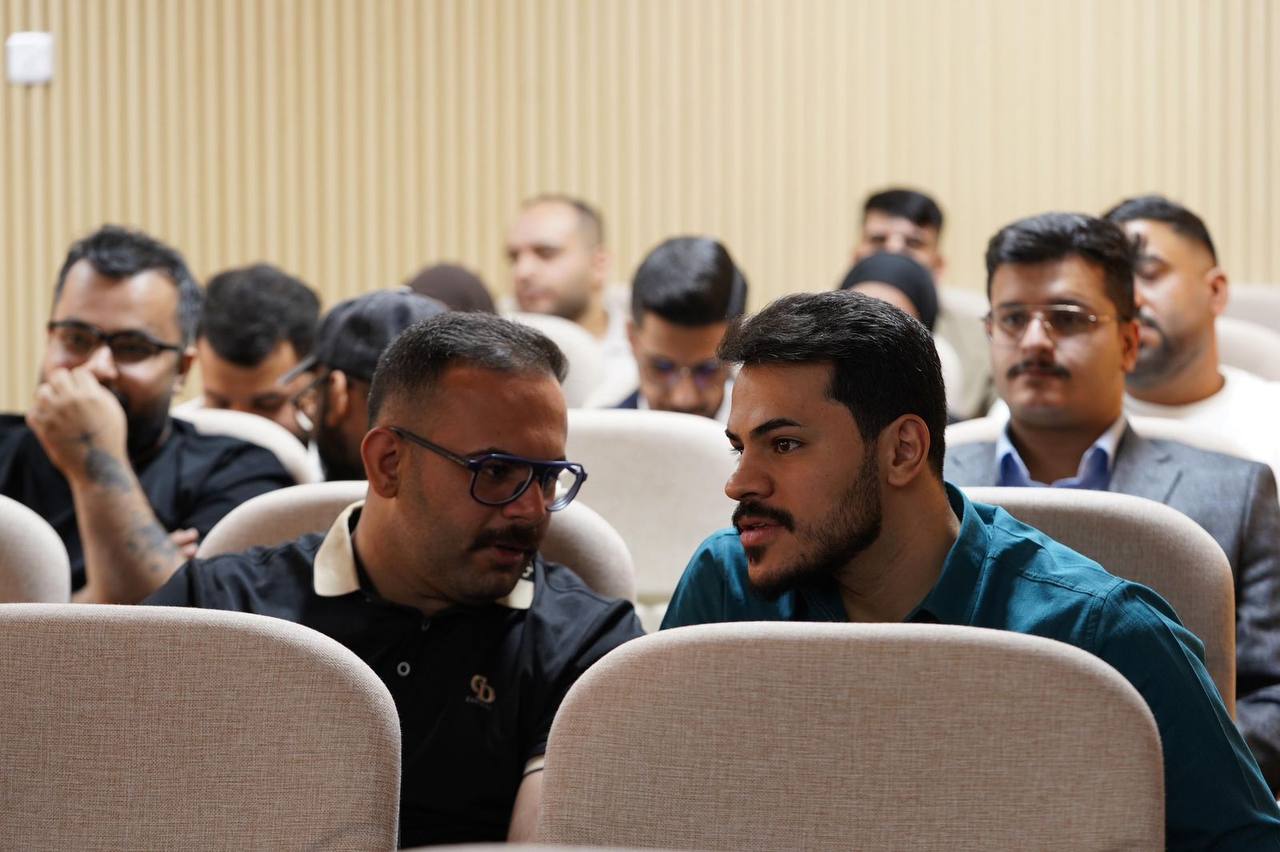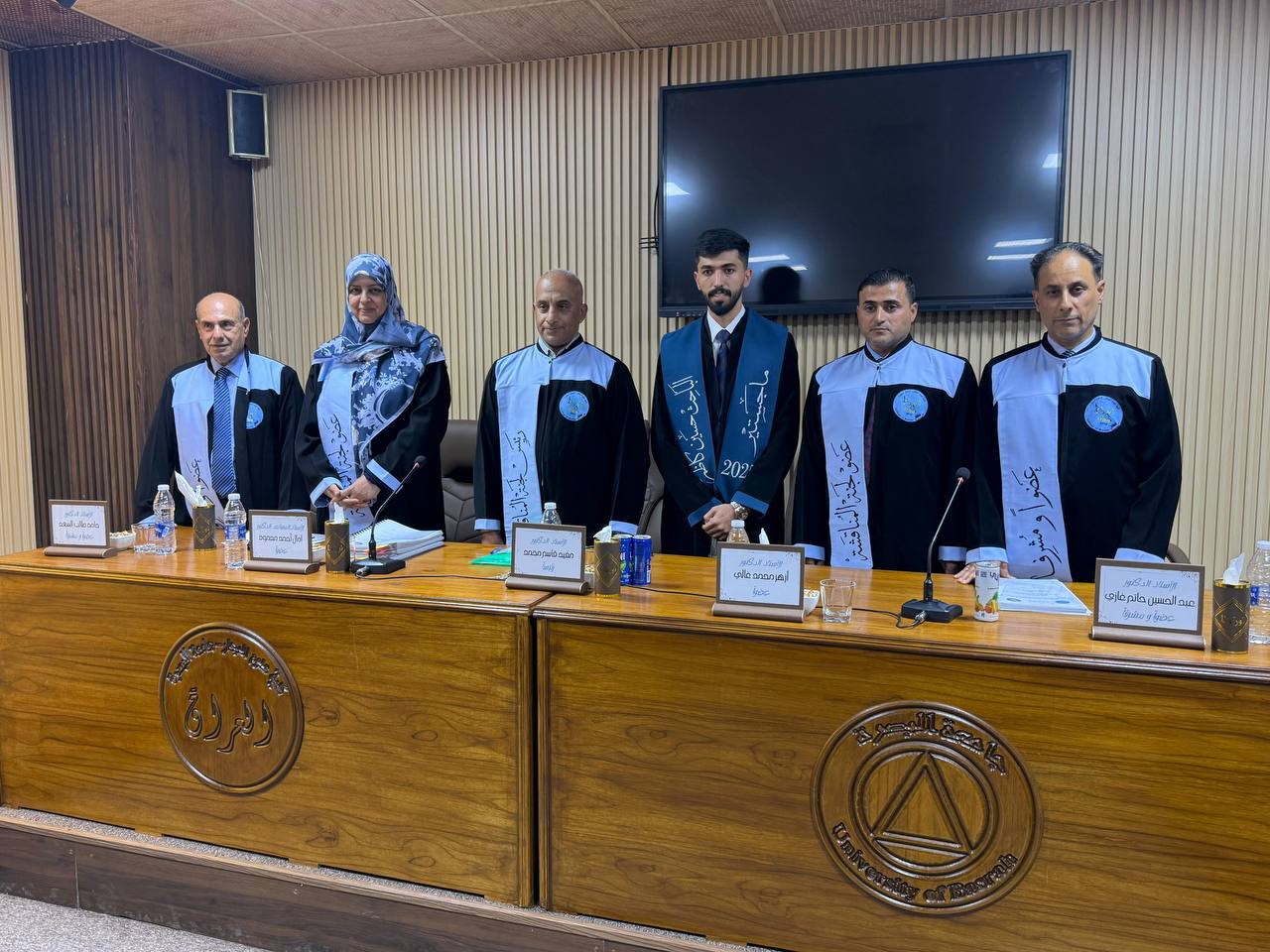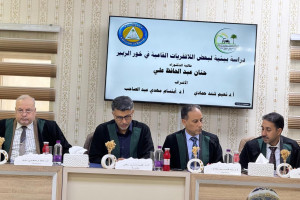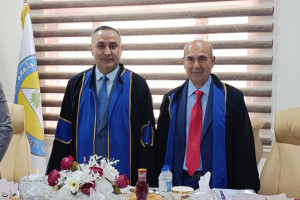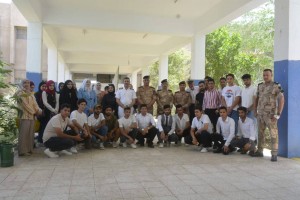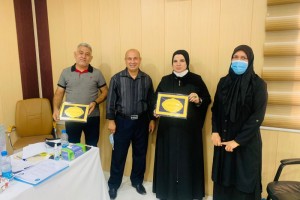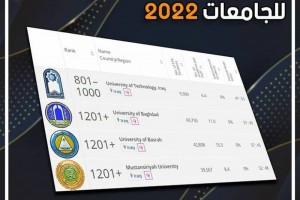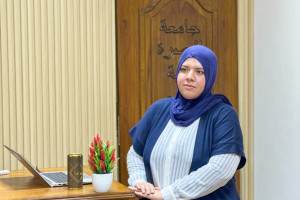
A master's thesis at the College of Marine Sciences at the University of Basra, titled "A Study of the Accumulation of Microplastics in Sediments and Samples of the Shrimp Metapenaeus affinis (H. Mline Edwards, 1837) in Iraqi Inland and Marine Waters," was submitted by student Hussein Kazim Muhammad.
The thesis aimed to assess the presence and distribution of microplastics in the sediments of the Al-Mashab (freshwater) and Khor Al-Zubair (marine) areas, as well as to study their accumulation in the digestive tract of the shrimp Metapenaeus affinis.
The study included determining the numbers, colors, and shapes of microplastics in the sediments and shrimp, in addition to identifying the types of polymers using FT-IR. The thesis also discussed the influence of environmental factors (such as salinity, temperature, and pH) on the presence of microplastics.
The results showed that fragments were the most common form of microplastics, followed by fibers, and that black was the most prevalent color, with clear differences recorded between fresh and marine waters. The study confirmed that the accumulation of these particles in sediments and shrimp may pose a threat to the ecosystem and the food chain.
This message contributes to filling the gap in information about plastic pollution in Iraqi aquatic environments and calls for enhanced efforts to reduce plastic waste and promote environmental sustainability strategies.
